Feed provided by Sign Company Orange County - Anaheim Signs - Sign Contractor 490521
Sign Company Orange County - Anaheim Signs - Contractor 490521 - Sign Company Orange County - Anaheim Signs - Contractor 490521
How To Design A Concrete Monument. A monument is defined as an expression of something significant, often built in honor of someone or something. Some examples include memorials like the Statue of Liberty or the Taj Mahal, or monuments such as The Gateway at Michigan and Lake Shore Drive in Chicago, or even the Willis Tower (the name of your office tower).
Usually these types of monuments are designed by professionals with special training in architecture or sculpture. But anyone can design a great monument!
Here we will discuss some fundamental concepts for designing a concrete monument that speaks well about its intended subject. Then, we will put those ideas into practice using our own backyard as a setting.
We’ll also look at some recipes for mixing and pouring your own cement so you don’t have to depend on supply seasonality or availability of specific additives to make sure it sets correctly.
To keep this article brief, we will only cover powder/liquid ratio, water content, and dry time of the mix. More advanced tips such as chemical reactions and alkali-silica reaction (ASR) can be found elsewhere.
Make a plan based on the size of the monument

The length of your monument is an important factor in choosing which shapes you want to include it in. If the monument is shorter than one foot, then simple geometrical shapes like squares and triangles are okay.
If the monument is two feet long, then use circle or square silhouettes.
For a three-foot monument, use triangle, rectangle, or rounded box shapes.
How To Design A Concrete Monument. The longer the monument, the more complicated the design patterns become. You will have to think about how to best organize all the pieces into something that looks great.
There are many ways to do this, but the most popular is called the pyramid shape. This consists of two parallel lines with a third line coming down between them. This creates a peaked roof look, similar to those old Egyptian temples.
How to make the cement: To make concrete, mix together 2 parts portland cement powder, 1 part sand, and 3–4 parts water. Use a ratio of 5:1:2 (parts Portland cement:sand:water) by volume.
This way when the mixture dries, there is enough solid material left over to strengthen the mortar.
Make a plan based on the theme of the monument
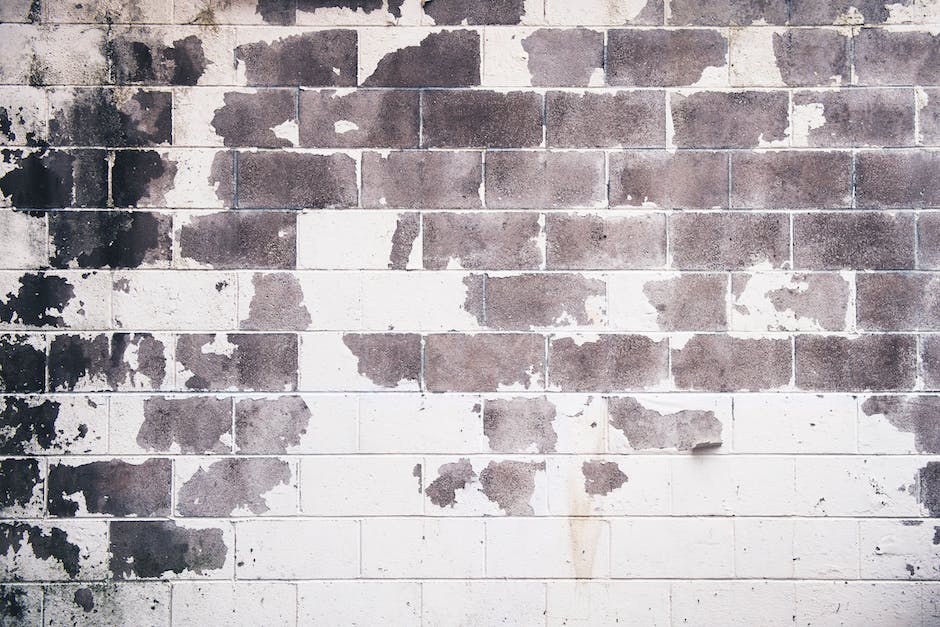
The second part of designing a concrete monument is choosing your style, shape, and material. These three components are linked, so make sure you understand their relation before moving onto the next one.
The basic form of most monuments is that of a pillar or column. This can be an informal stick-like structure like the Statue of Liberty’s torch, or a more elaborate design such as the Washington Monument’s square base.
Monuments typically have some sort of decoration attached to them, which goes with the theme of the monument. For example, the Eiffel Tower has a circle made out of thin plates of metal called “trefoils.” This symbolizes friendship because each trefoil represents two people coming together under a third person (in this case, the tower).
However, there are many different styles you could use to decorate a pillar. You do not need to use tigertooth designs for the Wyoming Monument! Some popular types include using large flat shapes to cover the top of the pillar, creating a surface; shades of grey, white, and black are all classic ways to do this.
What about the material? That depends on the context of the monument and the symbolism it wants to convey. If the goal is to emphasize strength, then use solid materials such as granite or marble. Or if the monument makes you feel peaceful, use soft metals or ceramics.
Choose a location for the monument
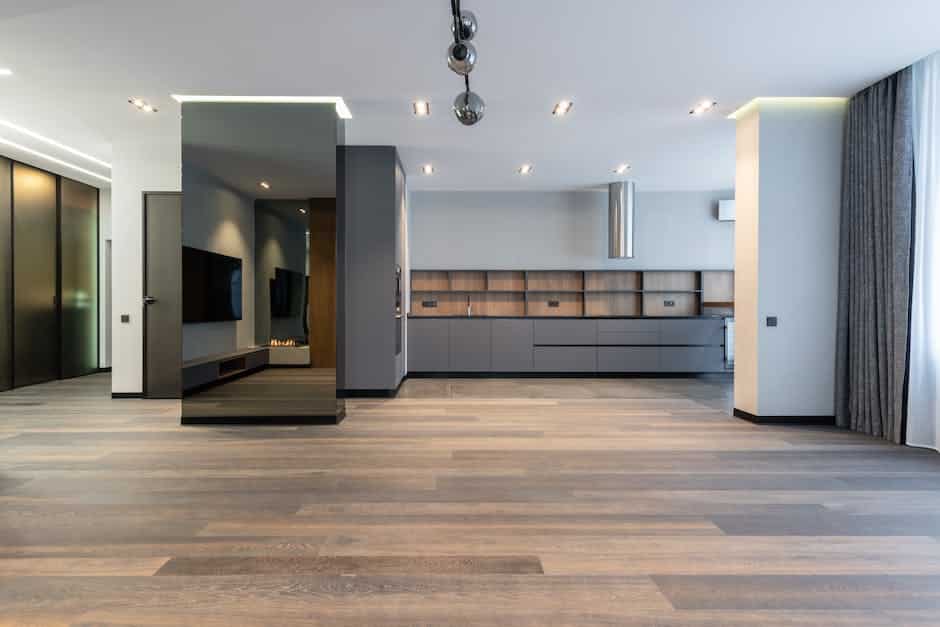
As with any project, where you place your monument makes a difference in how it looks. If the placement of the monument is not appropriate, then it can be difficult to appreciate it. For example, if the monument is placed next to something else that takes away from its appearance or it does not give you enough space to admire it, then it becomes less striking.
You want to make sure that there are no other objects between the monument and the audience that will affect the way it looks. Sometimes this can mean placing the monument behind an object so that it comes out later.
Another option would be to have the monument as part of another design element – like the wall it’s attached to. Or perhaps having it as a feature of the roof or floor-top.
When deciding where to position the monument try to choose a site that allows people to fully see it. Also consider whether this choice reflects the intended message of the monument.
Do some research on the history of the location
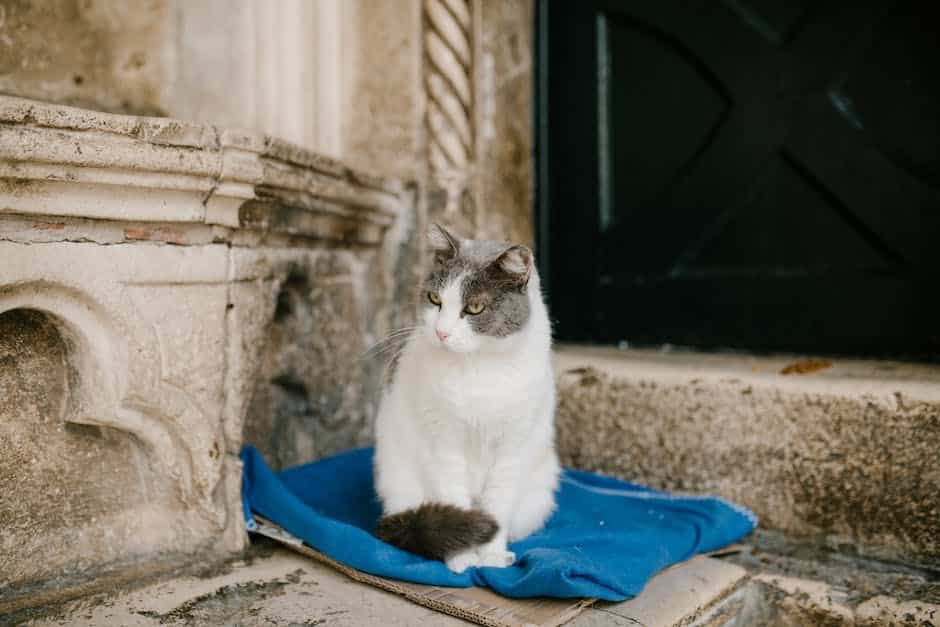
It is very important to know where you will be placing your monument before picking it up or ordering it. You want to make sure that you are designing it for the right place and for the right reason!
If there is already an existing memorial at the site, then using pictures and information off of that memorial as inspiration can be helpful.
You do not have to use all of the same colors and styles, but looking into how other monuments look can help give yours more depth and significance.
History is extremely valuable when choosing what kind of monument to design. There may be records and notes about who survived the event that inspired the monument, or if there was a funeral service.
There may also be documents and stories from those affected by the event. Finding out why this location is significant can tell you a lot about the monument’s purpose.
Pay attention to local regulations
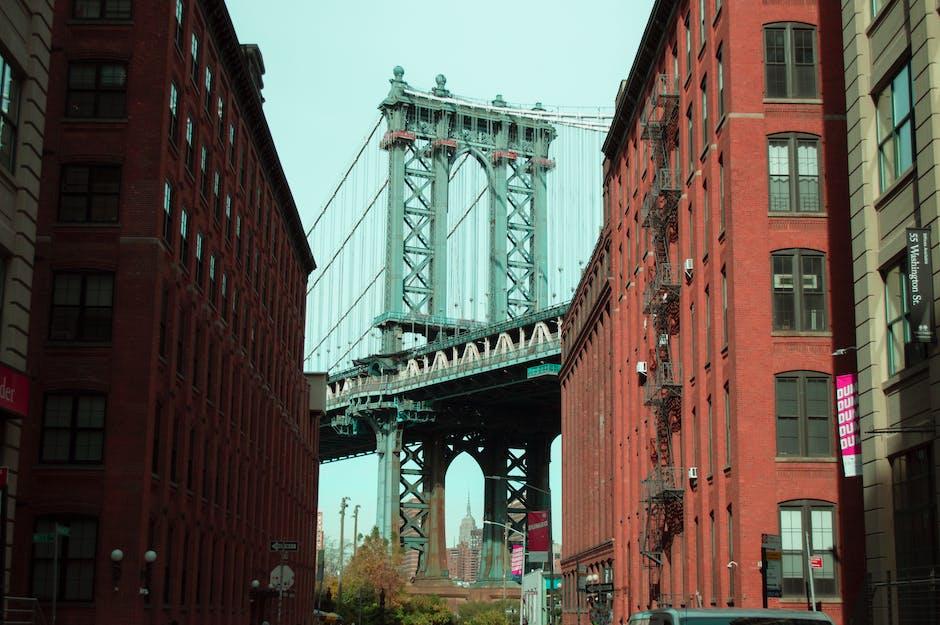
As we have seen, there are many ways to design a monument that make it look beautiful, but which may also damage or even destroy its surroundings. Due to this, you should be aware of your local regulations so that you do not violate any rules.
Some examples of these include limitations in terms of height, regulation of noise, and restrictions on what kind of materials can be used. If these things get too out of control, then the designer could face penalty fees as well!
Designing a monument takes time, and it is important to be familiar with all the laws related to monuments.
Contact the local government

The second step in designing your monument is contacting your local city or county officials to see if there are any regulations that apply to you. This includes whether you need a permit, what kind of permits you may need, and when those permits can be issued.
It’s also important to know where you can build your monument so that you don’t violate the zoning laws or go up against national park land. Some municipalities will even require you to notify them at least seven days before you begin construction!
While it sounds tedious, this process is very worth it as you want to make sure everything goes smoothly for you and yours. Plus, most governments offer a design service or license free of charge to get started.
General tips:- Make sure to do your research first by looking into your municipality’s website, talking with locals, and reading through their documents. – Don’t forget to include all necessary contacts and links in your documentation.
Get permission to build the monument
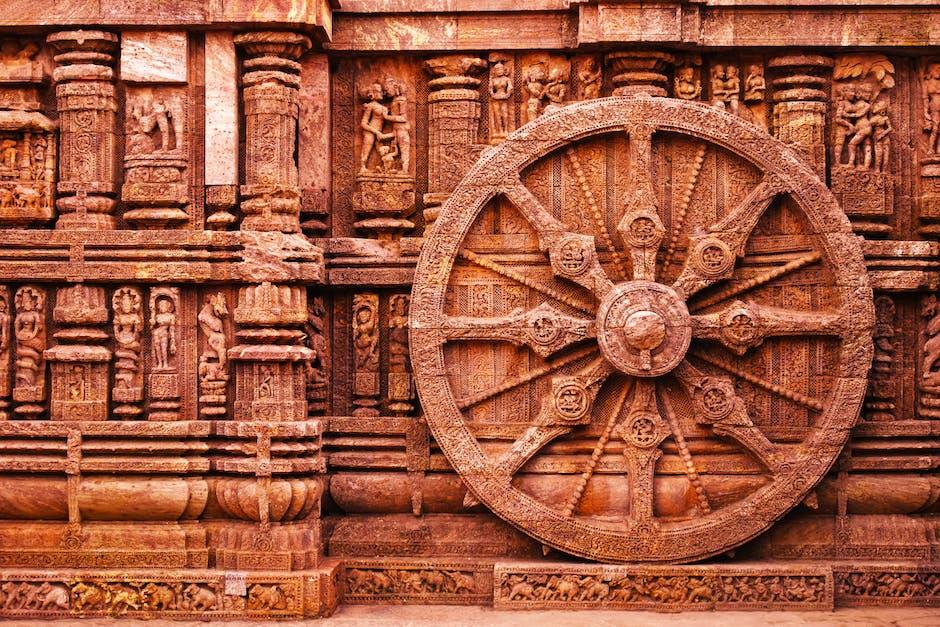
When designing a concrete monument, your first step will be to gain permission to construct it. This can sometimes be tricky as not every area of the city allows monuments!
Fortunately, there are some easy ways to design and create a monument that does not require official permissions. For example, you could make an announcement board or billboard-style monument with very bold colors and type styles.
Alternatively, you could put up a large plastic sheet or canopy over a street for cars to protect people from wet pavement. If this is allowed, then you could cover the whole car in decorations to match the surrounding buildings.
These types of designs are totally fine, but most likely will need permission. Make sure to do your research and check if permits are needed before starting construction.
General rules about monuments
There are general guidelines when designing a monument. These include things like having the proper permit, keeping it clean, and staying within regulation widths and heights.
Build the monument
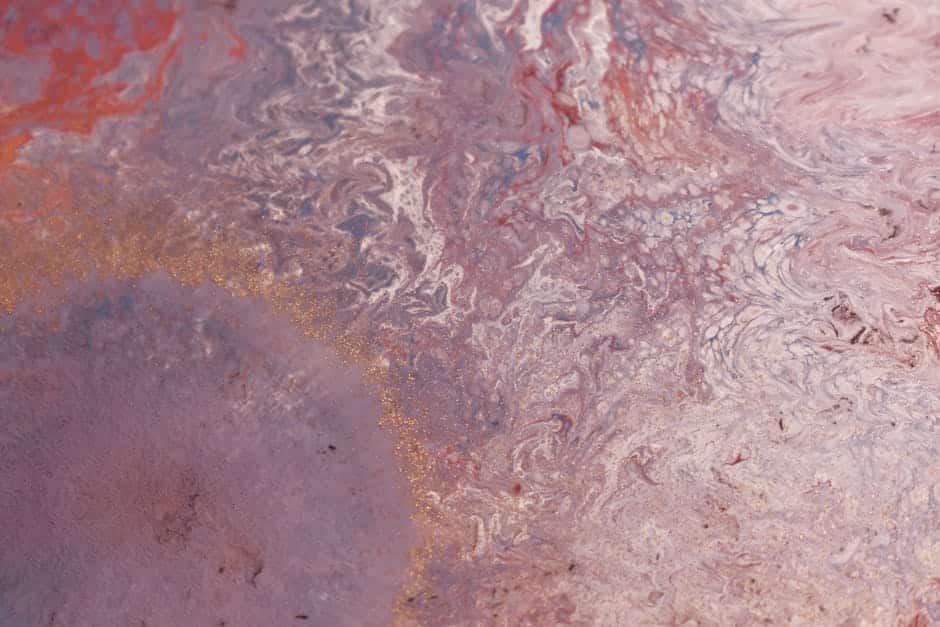
The next step in designing your memorial is deciding where it will go! You can choose from different types of monuments, depending on what you want to say and who you want to honor with it.
You do not have to limit yourself to traditional options like urns or statues, there are many other ways to design and create a meaningful tribute.
These new designs can be designed to tell stories, emphasize symbolism, or even make you laugh – just remember to include essential components such as the name and death date of the person being honored and how to refer to them (first name, last name, title).
After choosing the appropriate location for your monument, you will need to determine if the space needs to be public or private property. If it is on private land then you will need permission from the owner which may be difficult to get since most people don’t use these types of monuments very often.
If you find that this is too much of an obstacle then you can always look into creating a non-profit organization to help pay for the cost of the monument. This way anyone can contribute and it does not require private property so you do not have to worry about getting permission.
The post How To Design A Concrete Monument appeared first on Sign Company Orange County - Anaheim Signs - Contractor 490521.
from Sign Company Orange County – Anaheim Signs – Contractor 490521 https://anaheimsigns.com/how-to-design-a-concrete-monument/?utm_source=rss&utm_medium=rss&utm_campaign=how-to-design-a-concrete-monument
via Sign Contractor Orange County
No comments:
Post a Comment